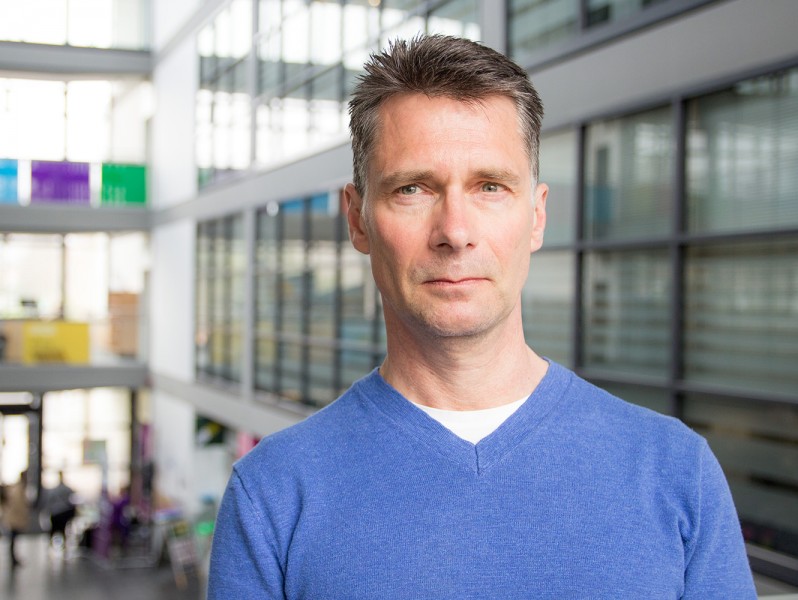Don't fall for bad press—cycling is good for us all, particularly motorists
Tuesday 08 February 2022

The recent amendments to the Highway Code have unleashed a wave of criticism of cyclists and cycling. The Daily Mail warned of a spike in road rage in a story headlined “Controversial Highway Code overhaul that tells cyclists to pedal in the middle of the road takes effect…”. A piece in the Sunday Times had a similar headline.
Negative stories about cyclists are far from new. Sections of the media have long criticised the practice. The Lycra-clad brigade that jumps traffic lights, ride on pavements, hold-up traffic and are generally an anti-social menace are subjected to invective on a regular basis.
Some cyclists rightfully deserve to be called to account. At the extreme end of the scale, there are those who commit criminal offences on the roads and deserve proportionate punishment. The tragic case of Kim Briggs, who was killed when hit by a cyclist riding a fixed-gear bike in 2016 with no front brakes, is a clear example.
Defending cyclists and cycling in general in no sense seeks to lessen the opprobrium rightfully attached to those who do not follow the law. Similarly, making a case for car users and driving does not include excusing those who drink alcohol and drive and commit other motoring offences.
But why are cyclists demonised by sections of the press? It is clear that such stories must chime with a considerable proportion of readers. They would not be continuously published otherwise. Why then do so many people seemingly view cyclists with such disdain?
Driver frustration seems an obvious part of the answer. Too many cars, traffic jams, potholes, ever increasing cost, one-way systems and, yes, the occasional cyclist travelling on a road more slowly than the average car can all contribute to high blood pressure amongst drivers. Cyclists can readily attest at the frustrations felt by drivers as they pass them whilst trapped in queues. Those feelings are, in a sense, understandable.
In Great Britain there are 32 million cars and 5 million light and heavy goods vehicles. There were 3 million road vehicles registered in Scotland in 2018. These are staggering numbers. On any measure cycling is relatively insignificant. In 2019 it is reported that about 5% of people in Scotland over the age of 16 cycled on 1 or more day in a week as a means of transport. About 34% of Scottish households report that they have one or more bicycles that can be used by adults.
What is peculiar and disappointing in light of these facts is that the majority of drivers, and the sections of the media seemingly representing them, do not in fact favour cycling. It seems obvious that removing cars from the roads, which cycling often does, is the best way to improve driver experience and reduce traffic. Warnings of increased road rage and driver anger of course have the opposite effect. Individuals considering switching from cars to cycles may be put off from doing so.
There is no doubt that the UK and Scotland are driving nations. The often cold, windy and wet weather, dark nights and mornings, hills, lack of cycling infrastructure, showers and secure bike parking at work are often put forward as reasons for this. Inconsiderate drivers are another reason. So too is driver mobile phone use, which remains rife. The reason most often put forward for not cycling is the danger attendant to it. These reasons are by and large valid.
I am wary of suggesting that anyone should get into the saddle. Clearly cycling is riskier than driving or taking the bus. What I am not wary of doing is defending those, like me, who choose to cycle. Cyclists are entitled to use the public roads as much as any car or lorry driver.
The Highway Code, sensibly in my view, introduced a hierarchy of road users. It provides that road users who can do the greatest harm have the greatest responsibility. Both drivers and cyclists have clarified responsibilities to pedestrians. This is eminently reasonable.
The answer to driver and cyclist frustration is not a blame game. Misinformation and anti-car and anti-cyclist bias is unhelpful. So too is seemingly sanctimonious preaching about the health benefits of cycling. The facts speak for themselves and are easy to ascertain. Transport Scotland is one such source of information.
What is helpful is clearly and loudly making the argument that it is in the interests of everyone, drivers and cyclists alike, to support cycling. In addition to taking cars off the roads increased cycling almost certainly reduces demands on the NHS and helps Scotland meet its climate targets by reducing the greenhouse gases produced in the country.
There is no doubt that changes to roads by way of introduction of cycle paths is contentious. This may or may not be part of the answer. Scotland’s city and town centres are crowded, and roads and lanes are narrow. Considerable and dispassionate thought and care are needed before such moves are taken. Riverside paths, disused railway lines, and dedicated paths through parks, on the other hand, can and are readily used for the benefit of cyclists and others.
There are other steps that can be taken that can enhance cycling at little cost. Stands for cycle parking have been appearing across Scotland in recent years, in part as a legacy of the Commonwealth Games in Glasgow in 2014. These are most useful, and hopefully most people find them unobjectionable.
The changes to the Highway Code reflect the simple fact that all road users must compromise. It is not a matter of us and them, drivers against cyclists. It is a simple fact that increased cycling benefits everyone.
